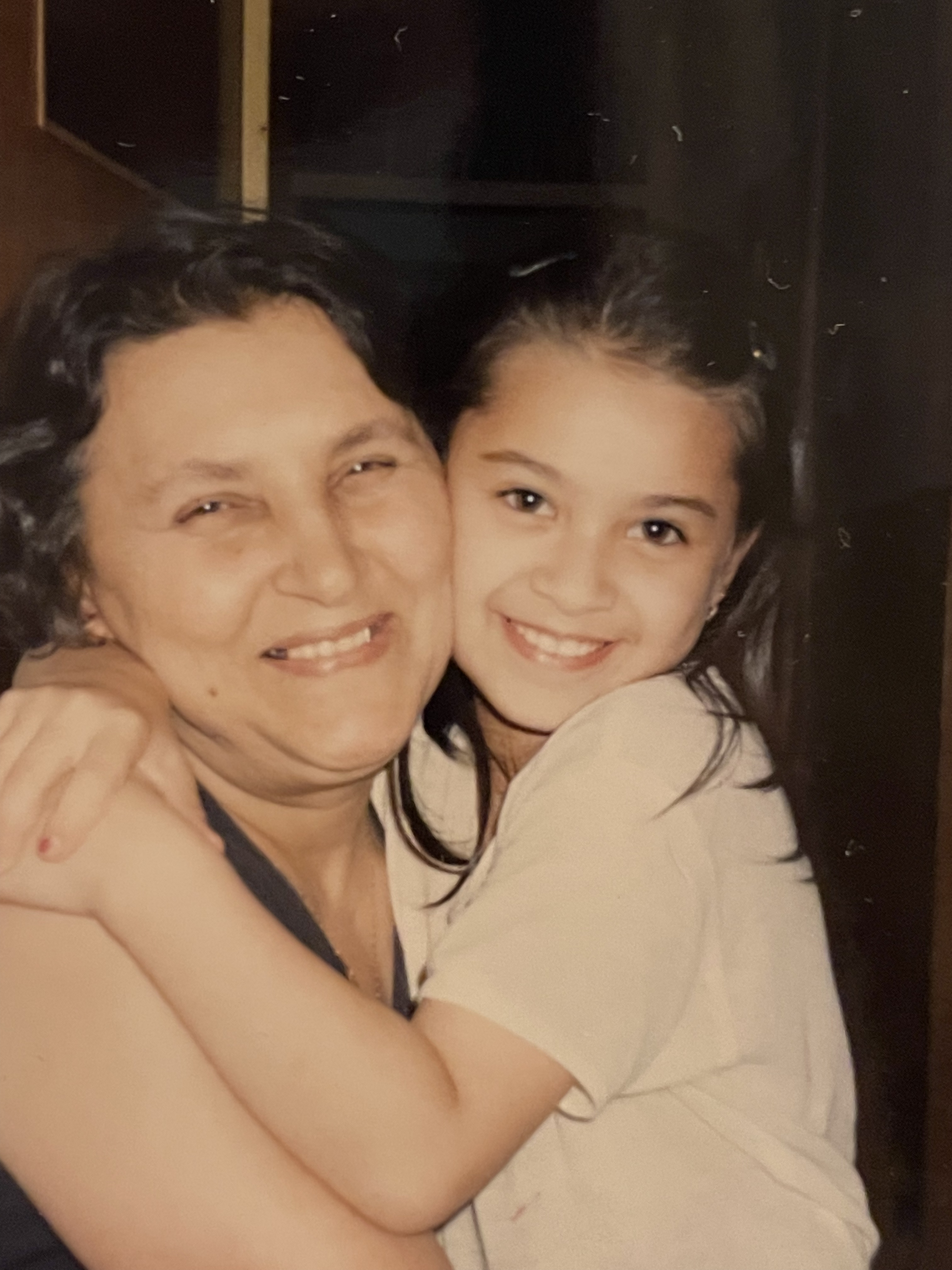Overcoming Grief

by Sue Morris
The reason I wanted to read this book is that I recently lost my nana.
For those who are going through a similar situation, I recommend reading the full book to fully understand this process and also to do the exercises.
I encourage you to talk to a doctor, grief counsellor or clinical psychologist to get the best help.
When someone you love dies, the intense emotional and physical pain you feel is often unbearable and indescribable - like nothing you've known before.
Book Summary
There are ten chapters in the book:
- Your Story
This chapter encourages you to tell your story and understand that your grief is unique. - Grief's hold
Grieving gives you time to adjust, and it has its own path.
Try to think about grief as following a wave-like pattern.
The waves of grief are characterised by deep sadness and longing or yearning to be with your loved one, which can be excruciatingly painful. - Permission to grieve
It is good to schedule grief time during the day. By doing this you are containing or compartmentalizing your grief... It also sends a clear message to your brain that grieving is important and you are not neglecting your feelings. - Regaining control
It can help to have a daily to-do list and to challenge unhelpful thoughts. Try to write your thoughts in a thought diary format. Being able to express your thoughts and feelings, it's part of healing.
Suggestion: Don't think too far ahead in the first few months.
It's important to accept that you might never know or understand fully the circumstances surrounding your loved one's death. - Choose to act
This chapter encourages you to do something, to start building up a routine, even if it is something small.
Don't wait until you feel like doing something - just do it! - Difficult conversations
Children grieve in their own way, and that is better to explain to them in simple language to make it easy to understand. - Maintaining a connection
I felt I relate to this one, being worried about forgetting my nana and having a difficult time separating from some of her things. I felt I'd lose a part of her. It is important to know that there are no right or bad decisions. For example, when and if it is ok to give her clothes away.
It is good to remember the loved one with a smile and I found that having a 'memory book' where I can capture all the wonderful moments can be therapeutic. - The 'firsts'
The firsts are the hardest, like the first anniversary, birthday etc. I experienced 'my first' right after entering the new year when I realized that 2021 was the last year I saw my nana.
There is also something I could do to "plan" some of those firsts. For example, I could arrange to give away food or clothes in her memory or contribute to a charity when her birthday would come.
There will be many firsts to face in the year following the death of your loved one - you can't avoid these and working through them is part of grieving.
Be patient with yourself. Getting through each first is part of adjusting to your life now. - Your new path
Make sure the expectations are realistic, set goals and seek opportunities to try new things. There can be false starts as you find your way on your new path.
Moving forward does not mean forgetting your loved one. - For those who care
For those who have someone that lost a loved one, it is important to understand that everyone grieves in their way, and we should allow them to express the pain and avoid telling them what to do.
Example of what NOT to say:
- You are young you can marry again.
- You can have another baby.
- It was God's will.
- You have to get over it.
- You have to stop crying...
Saying things that you hope will make them feel pain often may just sound callous to the person who is grieving, even if they were well-meant.
When my nana passed away, I started to feel worse and worse after the initial numbness. When looking at my family, I saw they were able to manage the pain, and I could not. Talking to my mom, she told me that she had that moment when she was able to say goodbye and get that calm, warm feeling of peace. That got me more worried, and the new emotions made me feel anxious, so I started to look for help.
I search for a book about grieving, and I found this one Overcoming Grief.
I liked that I could relate to it. I started making an idea about grief, and reading about other people's experiences brought me some relief. Even if I wasn't the only one who felt this way, I couldn't do anything. I was very sad and if I tried to work or have the slightest joy, I would get the feeling that I was doing something wrong, and then a feeling of emptiness would appear.
After some time in this grief, I decided to talk about it with a therapist, and I'm really happy that I did. In one in one of our sessions, I was guided through my grief to where I felt this huge emptiness and pain again. At the end of what I could describe as a tunnel, I "saw" my nana glowing in a warm light. It was a credible feeling that gave me so much love and peace. From that moment I didn't feel grief as heavy, and I was able to take small steps in moving forward.
I miss her so much and I still get sad, but I try to recall the good memories and think of her with love instead of sadness. I still experiencing the "firsts" which are still very painful, but everything will be better in time.
Te voi purta mereu in inima mea, mamaica!
--- Elena B. 17.05.1944 - 08.11.2021

